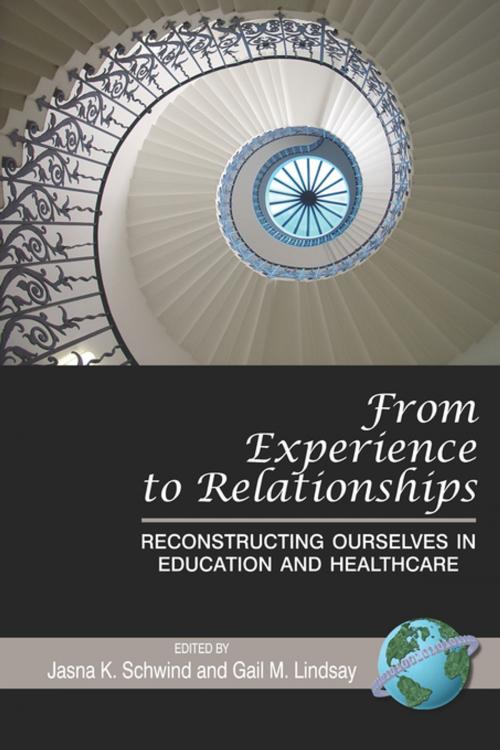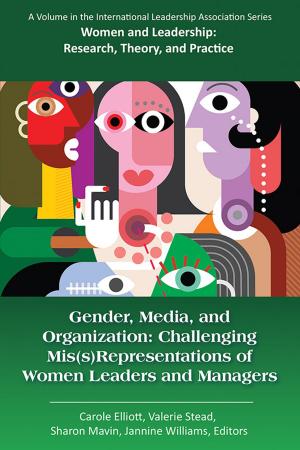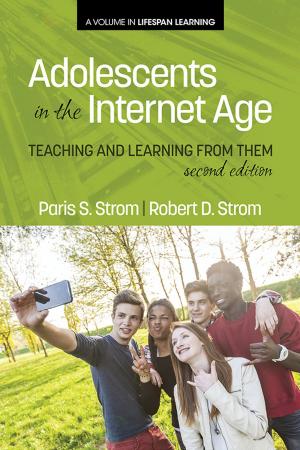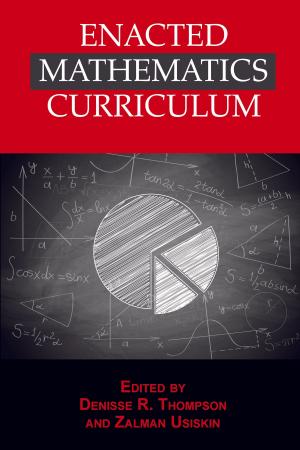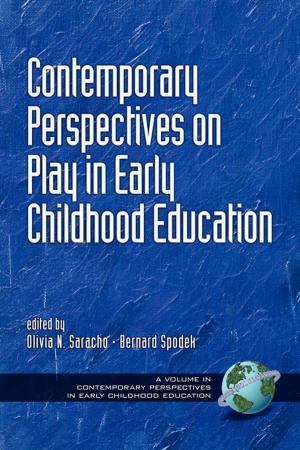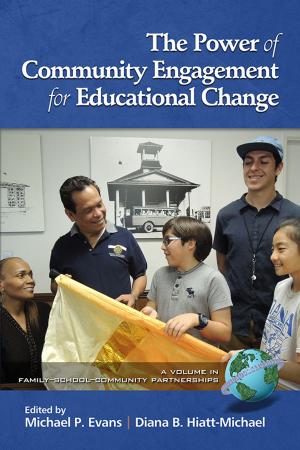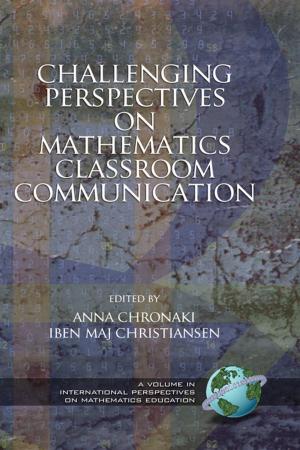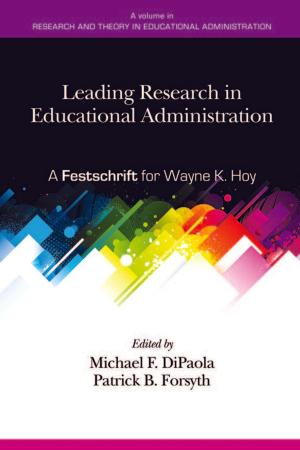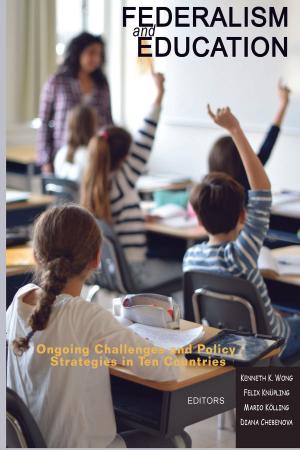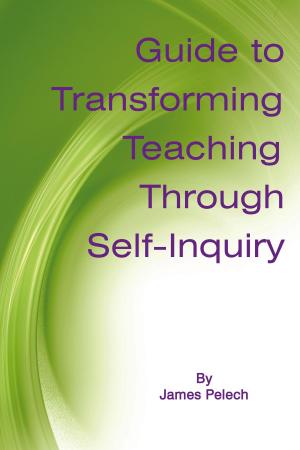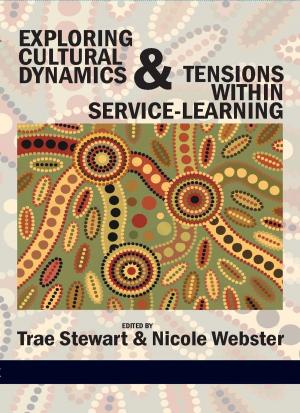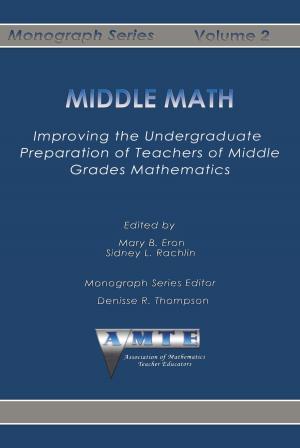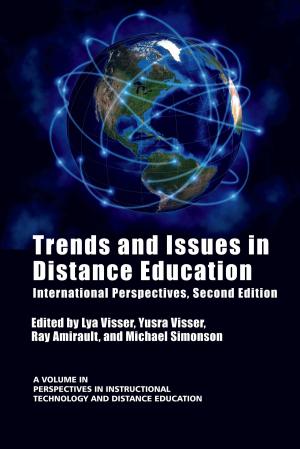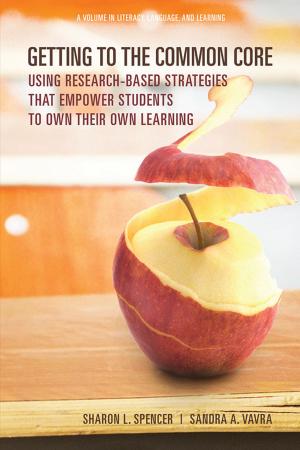From Experience to Relationships
Reconstructing Ourselves in Education and Healthcare
Nonfiction, Health & Well Being, Medical, Nursing, Nurse & Patient, Reference & Language, Education & Teaching, Reference| Author: | ISBN: | 9781607526179 | |
| Publisher: | Information Age Publishing | Publication: | April 1, 2008 |
| Imprint: | Information Age Publishing | Language: | English |
| Author: | |
| ISBN: | 9781607526179 |
| Publisher: | Information Age Publishing |
| Publication: | April 1, 2008 |
| Imprint: | Information Age Publishing |
| Language: | English |
The six writers in this book explore the contribution and the transferability of narrative inquiry from curriculum studies to daily life in education and in healthcare. They examine the interconnectivity of reconstructed experience with the construction of disciplinary identity and knowledge. Thinking narratively, they write auto/biographically about relationships between teachers, students, nurses, colleagues, and/or people in their care. As narrative inquirers, they are curious how research moves forward professional situations in education and healthcare. The narrative plotlines of knowledge construction, curriculum building and identity formation thread through the chapters. In education and healthcare, the reconstructed experience of a teacher is shown to be foundational to curriculum content and processes. In nursing education, we see congruence between narrative inquiry (Clandinin & Connelly, 1995, 2000; Connelly & Clandinin, 1988, 1999) as a process that includes the teacherresearcher as coparticipant; and, theorists, such as Watson (1999), include the nurse in the caring situation as shapers of the experience of people in their care. As practitionerresearchers, teachers in education and healthcare construct who they are and how they are in relationship in the context of social situations. Inquiry, not certainty (Dewey, 1929), is a life stance that is formative for education. Practitioners in education and in healthcare will be interested in this book as a way to make meaning of their experience. Policymakers and administrators will be interested in this book as a way of conceptualizing teachers’ knowledge as a source of curriculum. Researchers will be interested in this book as a demonstration of how narrative inquiry illuminates ways of being that are educative and an innovative way to study curriculum.
The six writers in this book explore the contribution and the transferability of narrative inquiry from curriculum studies to daily life in education and in healthcare. They examine the interconnectivity of reconstructed experience with the construction of disciplinary identity and knowledge. Thinking narratively, they write auto/biographically about relationships between teachers, students, nurses, colleagues, and/or people in their care. As narrative inquirers, they are curious how research moves forward professional situations in education and healthcare. The narrative plotlines of knowledge construction, curriculum building and identity formation thread through the chapters. In education and healthcare, the reconstructed experience of a teacher is shown to be foundational to curriculum content and processes. In nursing education, we see congruence between narrative inquiry (Clandinin & Connelly, 1995, 2000; Connelly & Clandinin, 1988, 1999) as a process that includes the teacherresearcher as coparticipant; and, theorists, such as Watson (1999), include the nurse in the caring situation as shapers of the experience of people in their care. As practitionerresearchers, teachers in education and healthcare construct who they are and how they are in relationship in the context of social situations. Inquiry, not certainty (Dewey, 1929), is a life stance that is formative for education. Practitioners in education and in healthcare will be interested in this book as a way to make meaning of their experience. Policymakers and administrators will be interested in this book as a way of conceptualizing teachers’ knowledge as a source of curriculum. Researchers will be interested in this book as a demonstration of how narrative inquiry illuminates ways of being that are educative and an innovative way to study curriculum.
